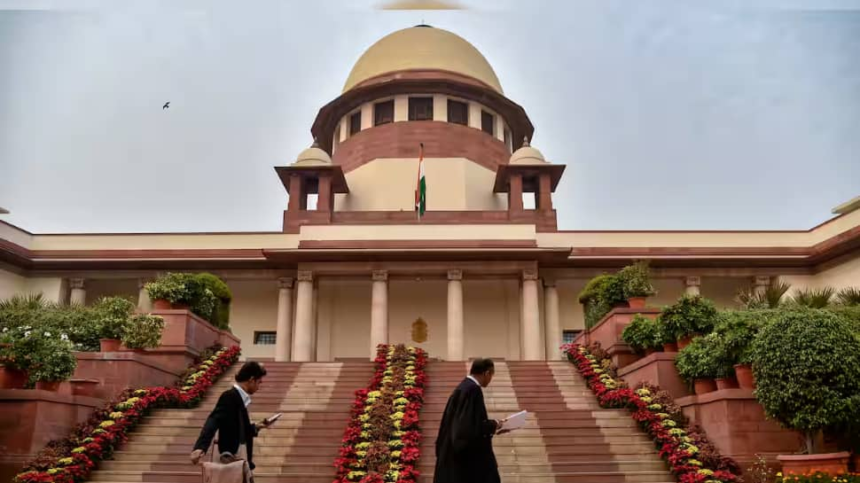The tragic case of Bengaluru-based techie Atul Subhash has once again sparked discussions about the misuse of dowry laws in India. His death shocked the country and triggered fresh scrutiny of dowry laws and the alimony framework.
Supreme Court’s Eight-Point Alimony Guidelines
In a landmark judgment, the Supreme Court laid out an eight-point framework to guide courts in determining permanent alimony. While hearing the divorce case, the bench comprising Justice Vikram Nath and Justice PV Varale recommended the court to consider the following factors:
- Socioeconomic status of both spouses.
- The basic future needs of his wife and children.
- Qualifications and employment status of the parties.
- The income, property and financial means of the parties.
- The wife’s standard of living during the marriage.
- Whether the wife sacrificed her career for family responsibilities.
- Legal expenses for unemployed wife.
- Husband’s financial responsibility and ability to pay alimony.
“The aim should be to ensure that the wife enjoys a decent standard of living without unduly punishing the husband,” the Supreme Court said.
In a related judgment, the Supreme Court bench of Justices BV Nagarathna and N Kotiswar Singh dismissed a dowry harassment case, saying that Section 498A of the IPC was often used as a weapon of personal vendetta. “The misuse of dowry laws undermines its original intention, which is to protect women from abuse,” the judge observed.
This view gained prominence after Subhash accused his estranged wife Nikita Singhania and her family of using dowry laws to extort money.
Atul Subhash, who hails from Bihar, married Nikita in 2019 after meeting her on a dating website. The couple welcomed a son in 2020, but it wasn’t long before cracks began to appear in their relationship.
According to Subhash’s allegations, his in-laws demanded huge amounts of money, running into hundreds of thousands. When he refused, his wife left their home in Bengaluru in 2021 with their son. He claimed that as settlement amount, the demand was upgraded from Rs 1 crore to Rs 3 crore.
In his 80-minute video and suicide note, Subhas detailed the harassment and legal troubles he faced, accusing his wife’s family of filing multiple lawsuits against him and his parents to force them to pay. He was deeply disillusioned with the justice system, which he felt had failed him.
Subhash’s case has reignited discussions about the need for reform of India’s dowry and alimony laws. Critics argue that while section 498A is vital to protecting women, it must be implemented with checks to prevent abuse.
